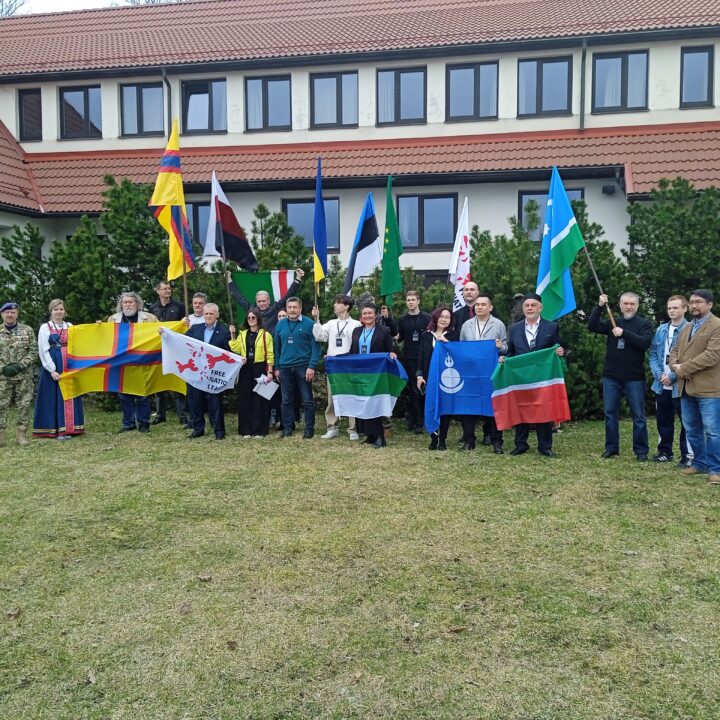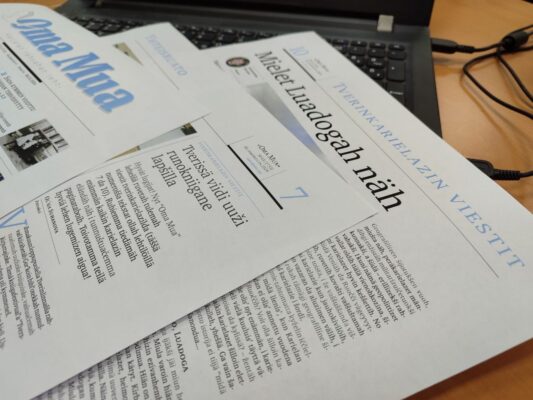Free Nations League organised in Estonia
On 4-6 April 2024, the Free Nations League held its first congress in Otepää, South Estonia, bringing together anti-imperialist movements in Russia.

Free Nations League
The Free Nations League was founded in 2022 and currently represents 15 national movements. In its own words, the League is ‘a broad anti-imperial movement that unites national, socio-political and civil organizations who advocate for sovereignty for the peoples and territories in the Russian Federation’.
Unlike the usual Finno-Ugric movements, the League is political in nature. A principle of the league is the right of nations for self-determination. This is not possible in the Russian Federation in its current form. The president of the League, Radjana Dugar-DuPonte urges the citizens of the Russian Federation to prepare for the collapse of the state.
‘We cannot say exactly when that moment will come, but we know that it is no longer over the mountains. And we must be ready for it’, she told the Estonian news programme Aktuaalne kaamera on Sunday.
The chief elder of the Erzya national movement, Bolyayen Sires said: ‘We do not want to live in this empire. It is falling apart not just because we want it to, but because its time has come. It is irreversible.’
Congress in Otepää
The congress was the result of two years of preparation. The location was chosen because of the Estonian society being understanding towards indigenous peoples. Also, the Erzya National Congress of 2022 was held in the same town. Representatives of the League’s nations came from Ukraine, the United States, and Estonia, among others. Greetings were also said by representatives of neighbouring Finno-Ugric peoples from Estonia and Finland.
At the congress, the League adopted its charter, principles and values as well as plan for the following years. The headquarters of the League are planned to be in Helsinki, with additional representative offices in the Baltic states. In addition, the congress adopted addresses for both the peoples in the Russian Federation and the international public.


